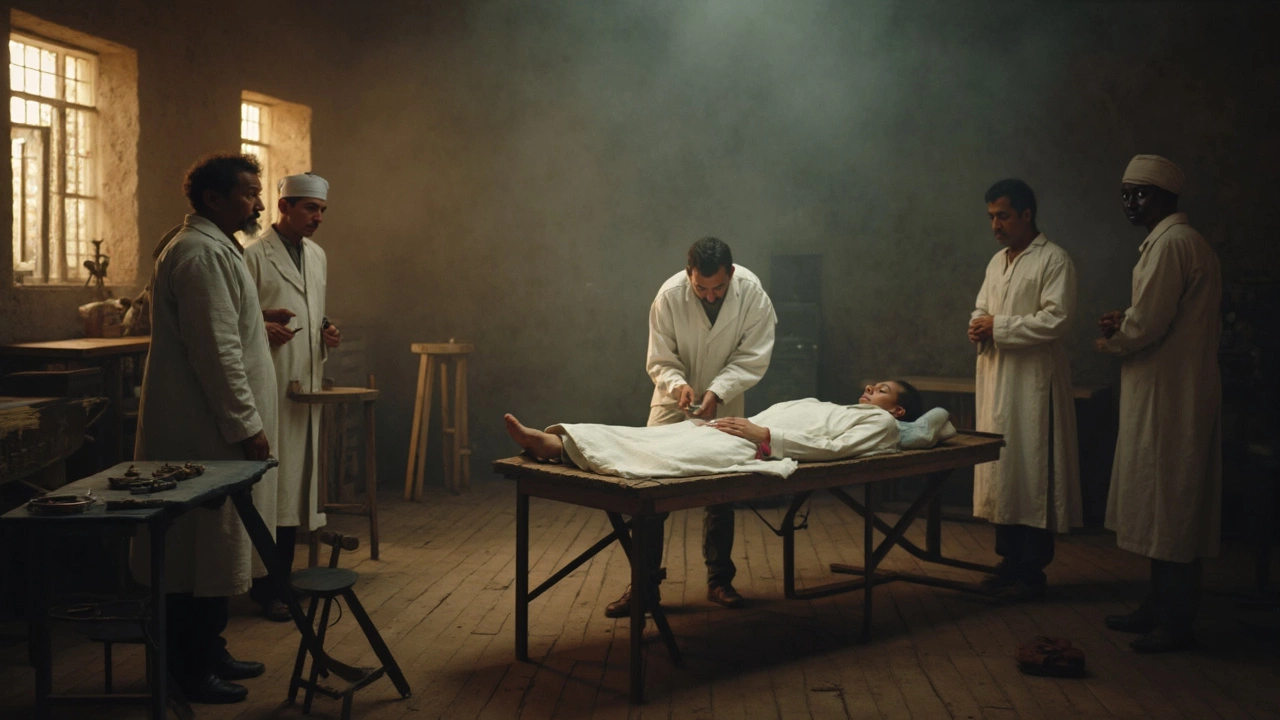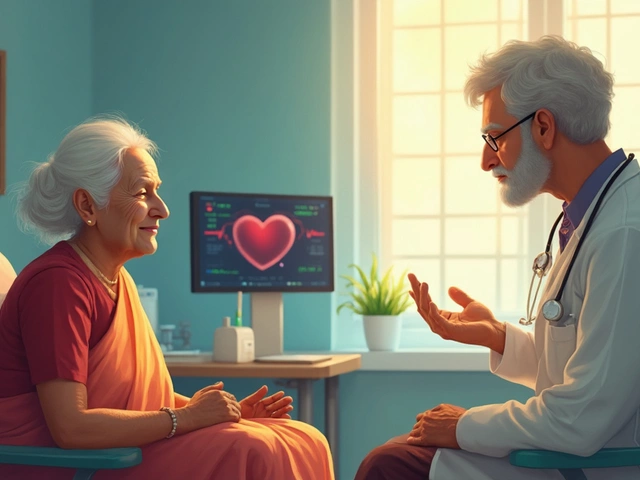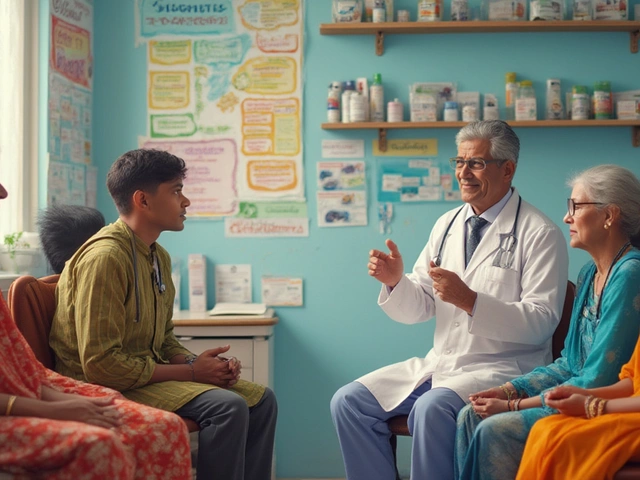Medical Disasters: Spotting the Risks Before They Hurt You
If you ever heard a news story about a drug causing severe side effects or a hospital error that turned deadly, you’ve seen a medical disaster in action. These events aren’t just headlines – they affect real people, often because a medicine’s toxicity was missed or a safety protocol failed. Understanding the common triggers can help you avoid becoming a statistic.
In India, a mix of fast‑moving pharma markets, limited regulation, and heavy reliance on over‑the‑counter meds creates fertile ground for mishaps. A mislabeled batch, an untested herbal supplement, or a dosage mistake can quickly turn a routine prescription into a life‑threatening situation. That’s why sites like Toxic Medicine Insights track every new alert, giving you the latest facts before you reach for a bottle.
What Triggers a Medical Disaster?
Most disasters start with one of three problems: poor drug testing, manufacturing errors, or human oversight. For example, a batch of painkillers might contain too much acetaminophen, leading to liver failure. Or a popular herbal product could be contaminated with heavy metals, turning a natural remedy into a poison.
Another big factor is drug‑drug interaction. Taking two medicines that affect the same metabolic pathway can cause a sudden spike in blood levels, producing severe reactions. Because many Indians self‑medicate without consulting a doctor, these hidden combos happen more often than they should.
How to Protect Yourself from the Next Disaster
First, always read the label. Look for manufacturer details, batch numbers, and expiry dates. If anything feels vague, call the pharmacy or check the official website for a safety notice.
Second, keep a personal medication list. Note every prescription, over‑the‑counter drug, and supplement you use. Share this list with any new doctor – it’s the fastest way to catch dangerous interactions.
Third, stay updated with reliable sources. Toxic Medicine Insights publishes weekly alerts on medicines that have caused adverse events in India. Signing up for their newsletter or checking the “Medical Disasters” tag regularly can give you a heads‑up before a problem spreads.
Finally, trust your instincts. If a drug makes you feel unusually ill, stop it (if safe) and seek medical advice right away. Early detection can mean the difference between a mild upset and a serious health crisis.
Medical disasters may feel out of our control, but armed with the right info they become manageable. Use these practical steps, stay curious, and let the latest toxicology updates guide your choices. Your health deserves nothing less.

Deadliest Surgeries in History: The Most Dangerous Operations Ever Performed
Explore the world’s most deadly surgeries, their shocking outcomes, and how they shaped the evolution of medicine and surgical safety.

What's the Safest Diabetic Medicine to Take?
Apr, 1 2025

Do You Really Carry Your Own Baby with IVF?
Mar, 27 2025


